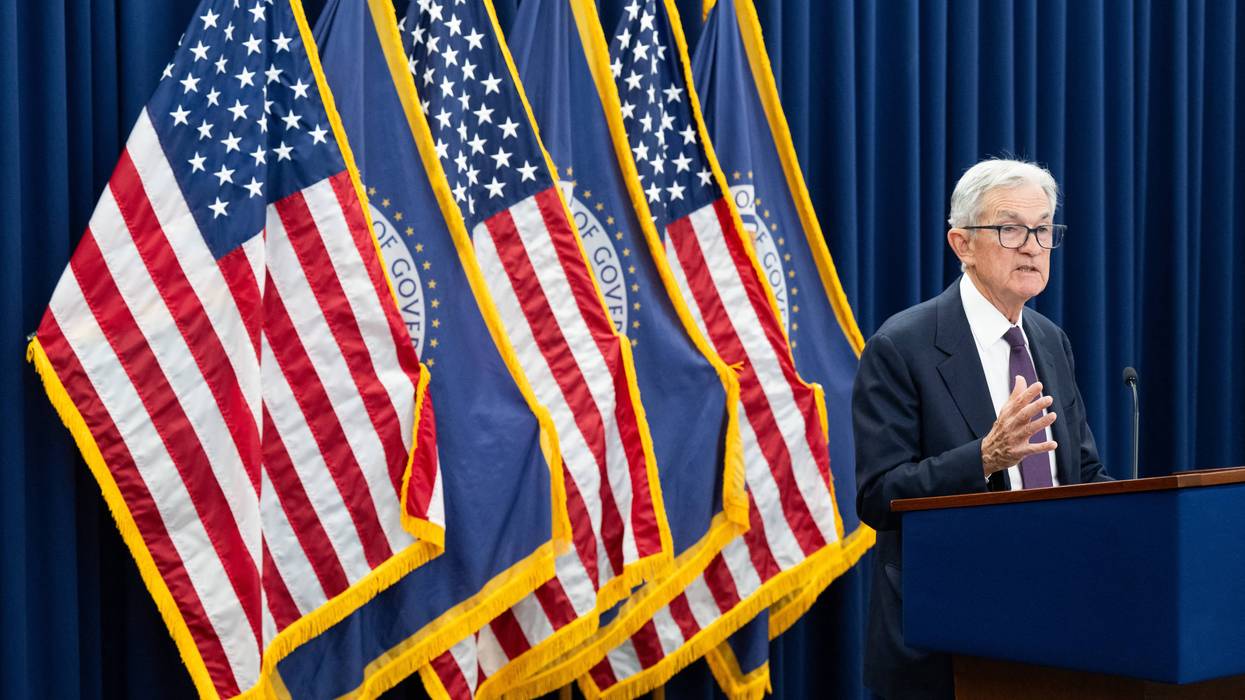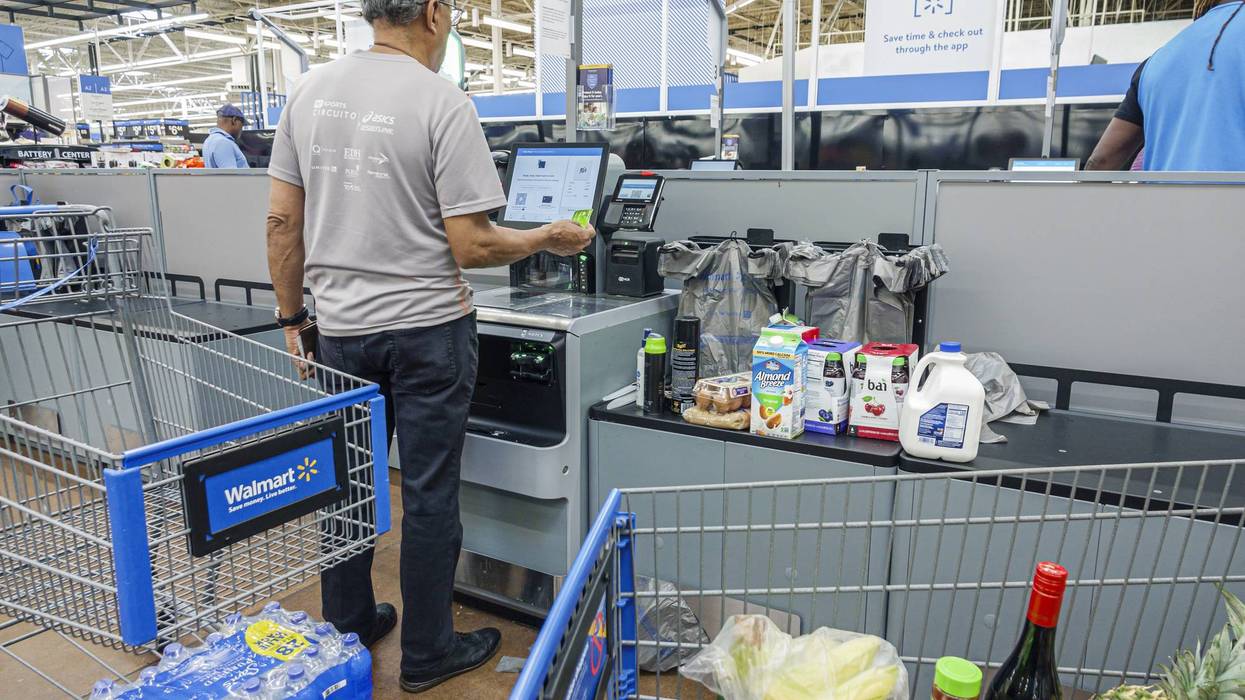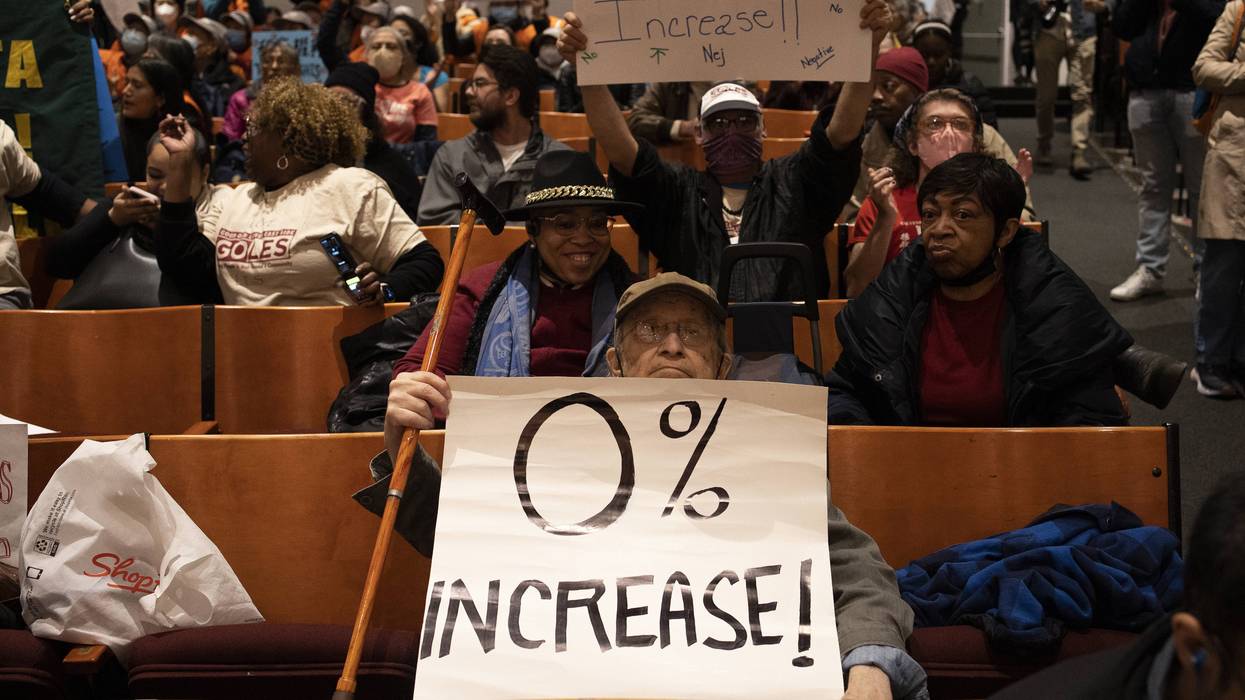‘Arsonist as Fire Chief’: Fed Appoints Wall Street Lobbyist to Key Bank Oversight Role
"There can be little doubt that having a Wall Street lawyer-lobbyist in charge of supervising and regulating his former Wall Street clients will likely result in a catastrophe for the American people."
The Federal Reserve board has quietly appointed a prominent Wall Street lawyer and lobbyist as the central bank's director of supervision and regulation, a move that one critic said was worse than "putting the fox in charge of the henhouse."
"This is like appointing a lifelong arsonist as a fire chief," Dennis Kelleher, president and CEO of Better Markets, said in response to the Fed's decision to put Randall Guynn in a position to regulate the industry he has long represented.
Politico reported Tuesday that "Guynn, a prominent Wall Street lawyer, will become the next director of supervision and regulation at the Federal Reserve, effective March 8."
Before joining Fed staff last year as an adviser to the central bank's vice chair for supervision, Guynn worked for close to four decades at the corporate law firm Davis Polk & Wardwell, where he recently chaired the company's Financial Institutions Group. According to Guynn's bio, he has "focused on advising banks of all sizes on their most critical financial regulatory issues and transactions."
Reuters, which first reported earlier this month that the Fed was expected to appoint Guynn to the bank policing role, noted that the decision "would mark a departure for the central bank, which since at least 1977 has filled the job with long-serving Fed career staff."
"The only reasonable expectation is that his leadership of Fed supervision and regulation will accelerate the Fed’s current push to implement policies that favor the biggest, most dangerous banks."
In a statement, Kelleher of Better Markets described Guynn as a "lawyer-lobbyist" who has "spent his entire professional life—almost 40 years—zealously and exclusively representing the interests of the financial industry, including the biggest financial firms on Wall Street."
A 2024 paper published in Cambridge University's Perspectives on Politics journal identified Guynn as part of a "vast subterranean world of regulatory influence-seeking" that has managed to escape the scrutiny of legislative lobbying.
"Reporting exceptions under the Lobbying Disclosure Act allow many of the most powerful advocates to characterize their activity as lawyering, not lobbying, and thereby fly under the radar," the paper notes.
Kelleher argued that, given Guynn's history, "the only reasonable expectation is that his leadership of Fed supervision and regulation will accelerate the Fed’s current push to implement policies that favor the biggest, most dangerous banks—his former clients just ten months ago and presumably his current circle of professional and personal friends."
"That will crush small banks, harm the Main Street economy, and make another financial crash inevitable. That’s what happened in the early 2000s when the Fed’s misguided belief that Wall Street could regulate itself directly led to the catastrophic 2008 crash," said Kelleher. "We don’t have to speculate. We can look at his attached record or read the remarkable story of how, as a lawyer-lobbyist prior to joining the Fed staff last year, he was instrumental in pushing through a back-door merger approval by the Fed."
"There can be little doubt that having a Wall Street lawyer-lobbyist in charge of supervising and regulating his former Wall Street clients will likely result in a catastrophe for the American people," he added.


